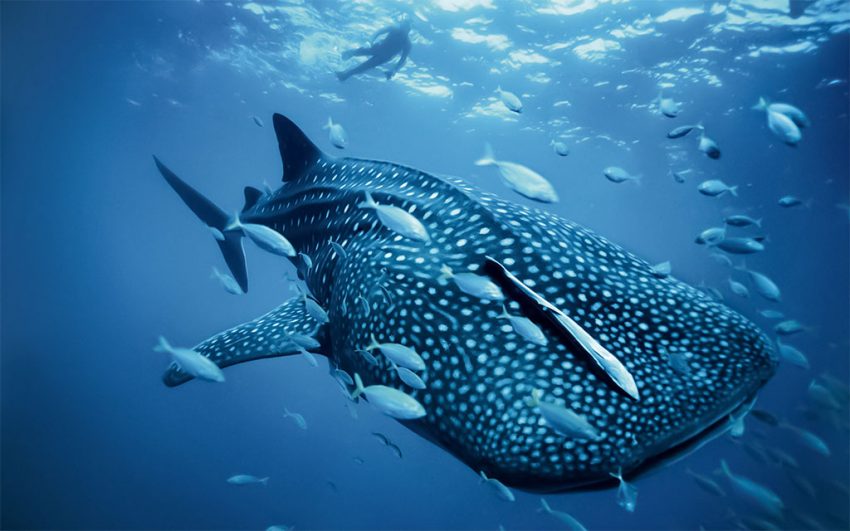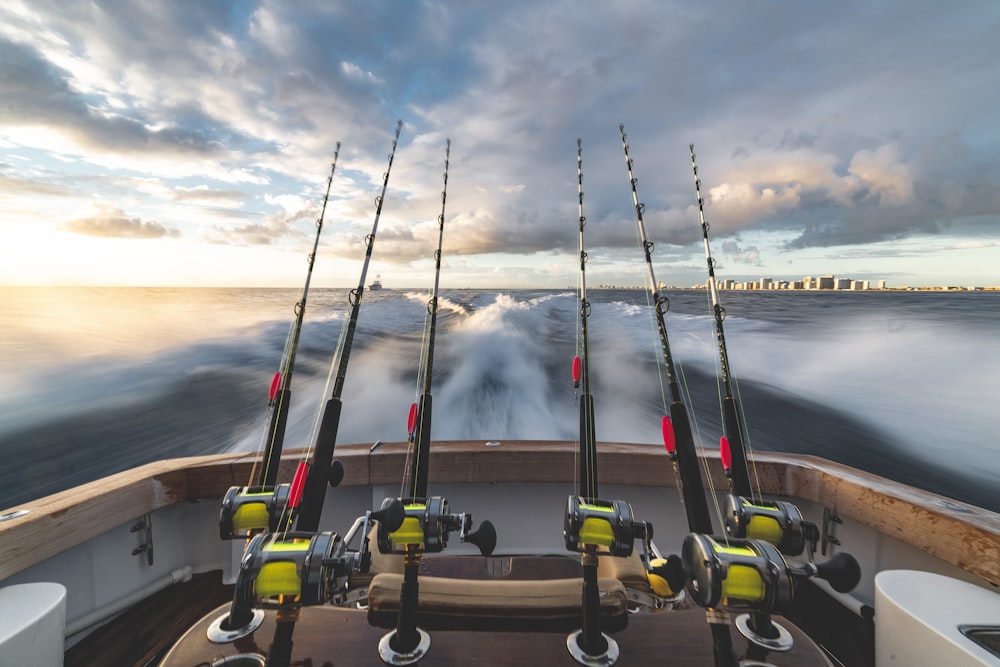Fishing is one of the leading causes of population decreases in maritime species. Except when vessels catch fish faster than stocks can replenish, which is known as overfishing, catching fish is not intrinsically bad for the ocean.
According to the UN’s Food and Agriculture Organization, the number of overfished stocks has tripled in the last half-century, and one-third of the world’s assessed fisheries are now pushed past their biological boundaries. Bycatch—the capture of undesirable sea life while fishing for a different species—is directly linked to overfishing. This is also a severe marine threat that results in the unnecessary death of billions of fish, as well as hundreds of thousands of sea turtles and cetaceans.

Overfishing has consequences that extend beyond the maritime ecosystem. Fish is the primary source of protein for billions of people throughout the world, and fishing is the primary source of income for millions of people.
Many individuals who earn a profession collecting, selling, and buying fish are trying to improve how ocean resources are managed and conserved across the world. WWF collaborates with a wide range of stakeholders throughout the world to reform fisheries management, focusing on sustainable methods that not only protect ecosystems but also assure livelihoods and food security.
Causes
Illegal captures and trading exacerbate the problem of systemic overfishing. Illegal fishing, which is believed to account for up to 30% of catch or more for high-value species, is responsible for some of the greatest ocean consequences. Illegal, unreported, and unregulated fishing nets criminals up to $36.4 billion every year, according to experts. Due to a lack of methods to track fish from catch to consumer (traceability) and import limitations in parts of the industry, illicit catches migrate through opaque supply chains.
Subsidies
Overfishing is also fueled by subsidies, or financial assistance given to the fishing sector to help offset the expenses of doing business. Subsidies can lead to overcapacity of fishing vessels and skewing of production costs, allowing fishing operations to continue even if they are not profitable. The global fishing fleet now is projected to have up to two and a half times the capacity required to catch what we actually require. Harmful subsidies must be phased down, according to the United Nations’ 2030 Agenda for Sustainable Development.
Impact
ECOSYSTEMS THAT HAVE DEGRADED
Overfishing has the potential to devastate whole ecosystems. It has the potential to alter the size of surviving fish, as well as how they breed and develop. When too many fish are taken out of the water, it produces an imbalance in the food chain, which can destroy the food web and lead to the extinction of other essential marine creatures, such as sea turtles and corals.
FOOD IN SHORTAGE AND ECONOMIC SECURITY
Fish demand is growing all across the world, which means more companies and employees are reliant on depleting sources. Fish is one of the most widely traded food commodities, with a global market of $362 billion.
Millions of people in most developing coastal towns rely on the fishing industry for a living, and fish is a key source of protein for half of the world’s population. When fish become extinct, so do jobs and the economies of coastal areas. Excessive demand for seafood continues to fuel overfishing and environmental degradation, worsening the problem.
What Is Being Done?
World Wildlife Foundation (WWF) is working towards tackling over-fishing as it is a real issue that can be detrimental to our marine wildlife. The WWF is not alone in this battle, they are trying to make everything possible along with collaborators.
They are trying to remodel fishing in order to maintain the normal ecosystem while providing food. They are trying to control the global market, stop illegal fishing, address the topic of fishing subsidies and create new or expand marine protected areas.
Marine life is important, it renews itself but we should allow them time to reproduce and mature which is not the case right now. Let us know in the comments what you think should be done to halt the degradation of our marine life…


